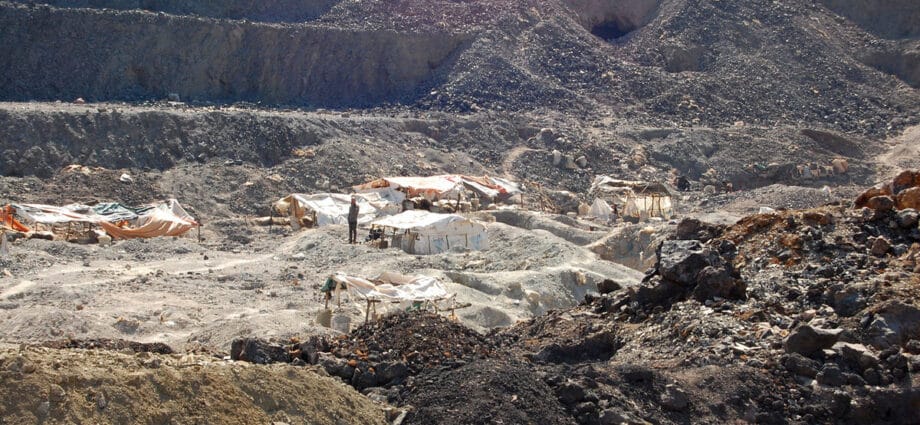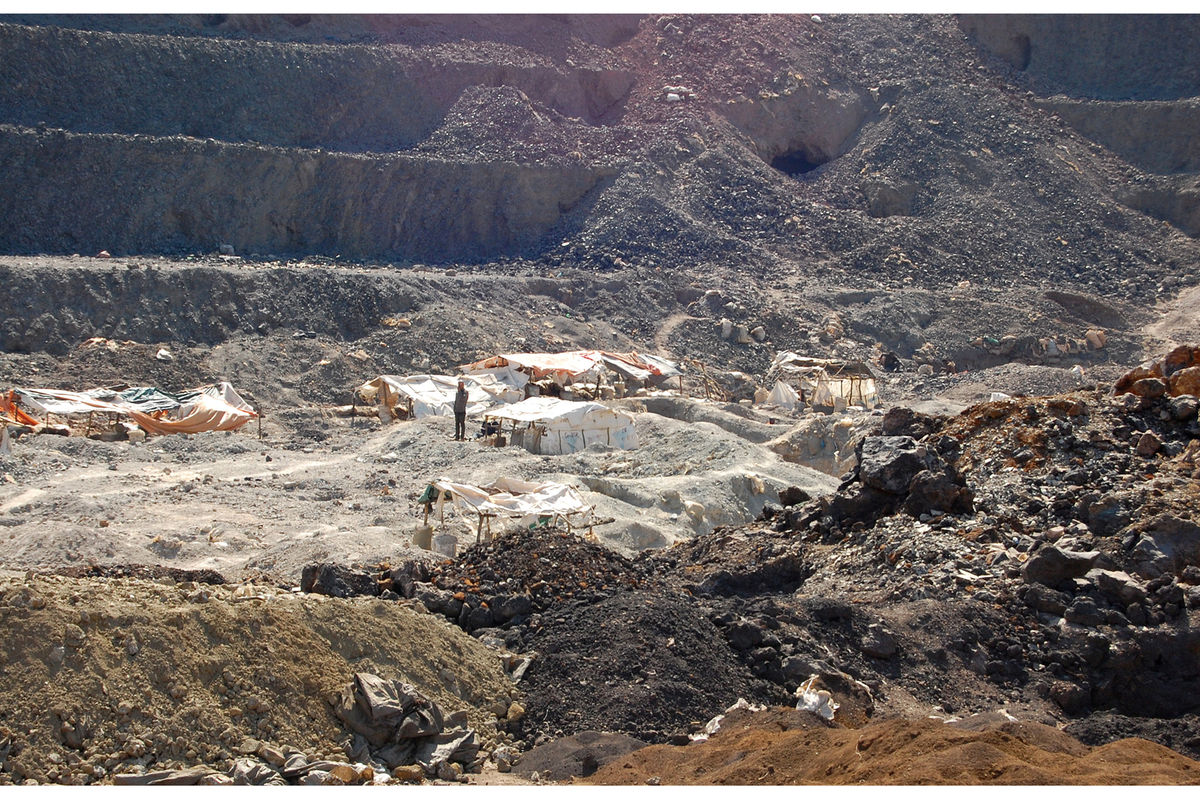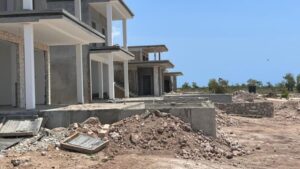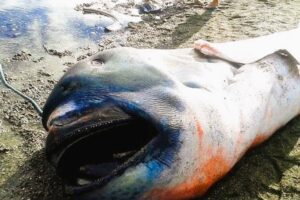Democratic Republic of Congo’s government has lifted a suspension order on a Congolese copper and cobalt operation majority-owned by China’s Zijin Mining Group Co Ltd, according to a letter seen by Reuters on Monday.
Congo’s Mines Ministry last month halted the activities of the Commus project, in which Zijin owns a 72 percent stake, to investigate mineral products returned from South Africa due to overly high radiation levels.
The Mines Ministry on Monday confirmed a letter to the director general of Commus dated May 10, in which it wrote that it had received a report on the investigation’s findings and that the suspension was lifted.
Mining operations could resume as long as the company scrupulously ensured radiation levels remained in line with national and international standards, it said.
Commus said via email that it had received the Ministry’s letter, and that both production and exports had fully resumed. The company was not sent the report mentioned in the letter, it added.
Congo is the world’s third-largest copper producer and its top producer of cobalt, a key component in batteries for electric vehicles and mobile phones.
Commus, based near Congo’s southern city of Kolwezi, produced 129,000 tonnes of copper and about 2,200 tons of cobalt in 2023, ministry data shows.















